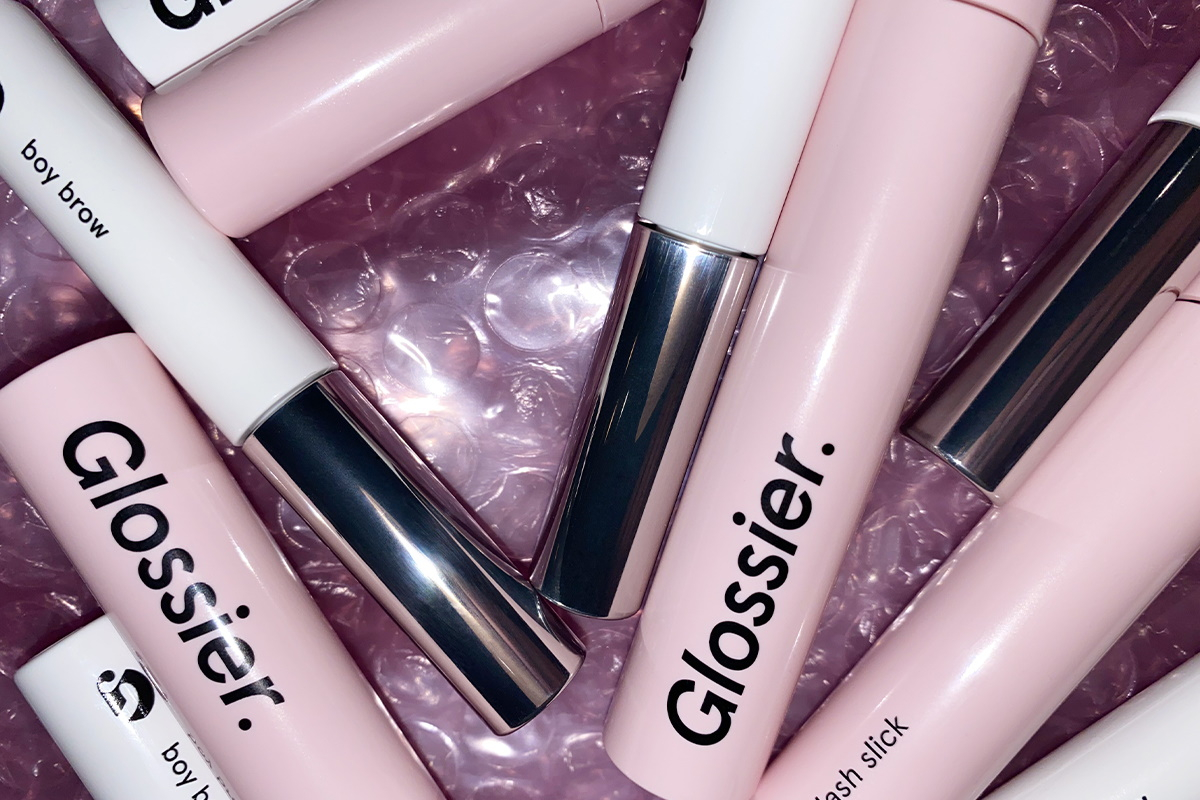It’s quite common for people to tell me that they don’t wear sunscreen because they have oily skin and wearing sunscreen causes them to break out. My response is always the same: there is never a reason to skin sunscreen all together, it just means you haven’t found the right sunscreen for you!
I also have oily, blemish-prone skin and I know finding the right sunscreen can be a challenge – there’s nothing worse than an oily sunscreen mixing with the oil that’s already on your skin and creating a greasy mess. But don’t worry, I’ve got five sunscreen recommendations that are great options for anyone with oily skin (in no particular order).
- Neutrogena Ultra Sheer Dry-Touch Sunscreen

This sunscreen has mattifying properties, which makes it good at soaking up the oil that your skin produces throughout the day. It’s also water resistant so is less likely to be completely wiped off due to sweating.
- Supergoop Unseen Sunscreen

When they say this sunscreen is unseen, they’re not lying! This sunscreen is truly invisible and doesn’t add any extra shine to the skin at all. It leaves a nice velvety-feel after being applied and sinks in straight away.
- Elta MD UV Clear Sunscreen

A cult favourite amongst dermatologists, this sunscreen is non-comedogenic, meaning it won’t clog up your pores and provoke acne. It also has niacinamide in it which is a skincare ingredient with a multitude of benefits.
- La Roche-Posay Anthelios Clear Skin Oil-Free Sunscreen

This sunscreen has such a light texture it sinks into the skin perfectly while leaving you with a slight glow. It’s viral for a reason!
- Bondi Sands Hydra SPF 50+ Face Fluid

This is the most budget-friendly option, and the lower price doesn’t mean you forfeit on effectiveness at all. It’s a broad-spectrum sunscreen and very hydrating whilst maintaining its lightweight fluid texture.
So there really is no reason at all to skip sunscreen. The best sunscreen for you is the one you like, so I would recommend you try a few and settle on the one that seems to suit you the most. Whichever you choose, ensure that it’s SPF 30 or 50 and has at least a 3 UVA star rating, so that you can be sure you’re getting the best protection.






